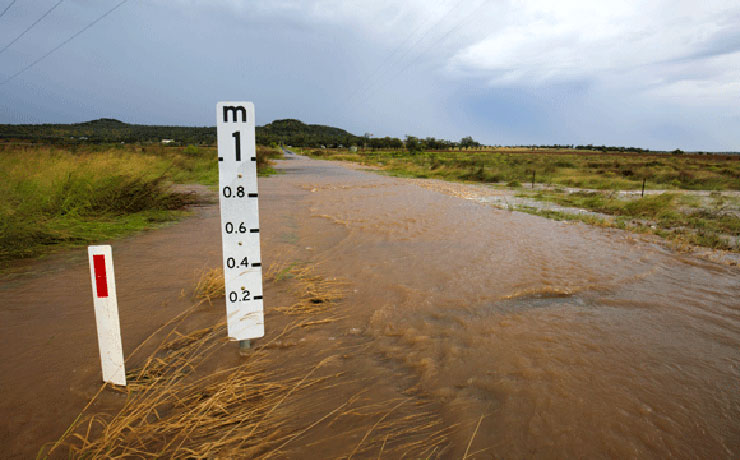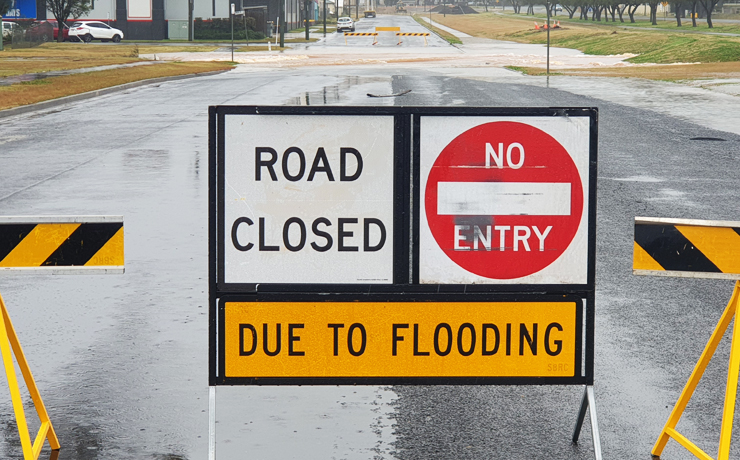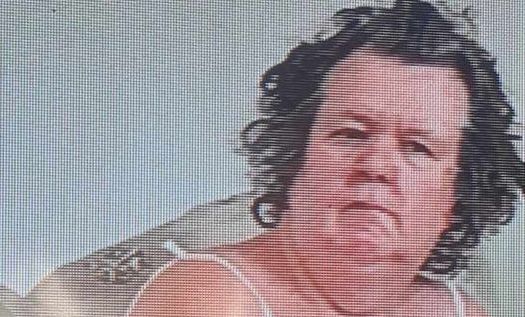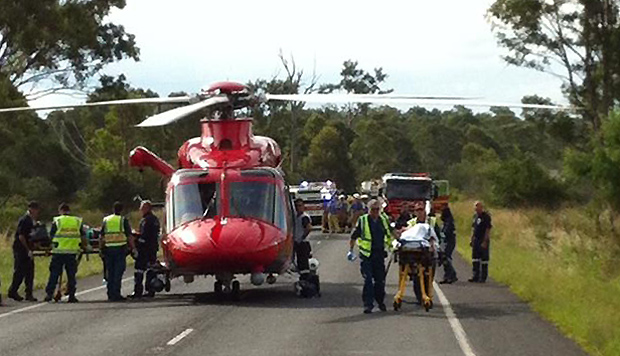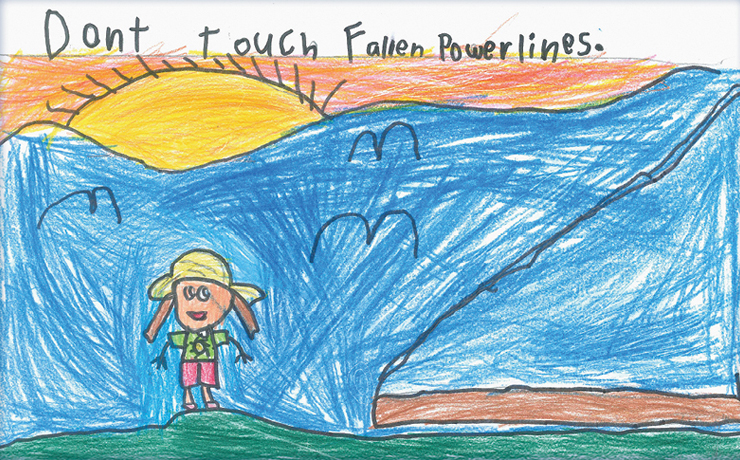January 7, 2015
The Australian Competition and Consumer Commission (ACCC) is urging people to be careful if they are thinking about donating to bushfire appeals.
The ACCC said people should double check to make sure the appeal, or its organisers, were legitimate.
“There are many worthy organisations that provide much-needed assistance to those affected by the summer bushfires,” ACCC Acting Chair Dr Michael Schaper said.
“Unfortunately, there are also scammers who capitalise on tragic events as soon as they happen and divert funds away from those in need.”
Last year, more than $400,000 was reported lost to various fake charity scams, with more than 600 contacts made to the ACCC.
Scammers use many guises to try to trick people to hand over their money.
The South Australian Country Fire Service recently issued a warning after receiving enquiries from the public about someone door knocking and collecting cash donations. The SA CFS does not door-knock to seek donations.
The ACCC has also received reports that social media sites were being used to seek donations to support those affected by bushfires.
Dr Schaper said there were no guarantees these funds would find their way to bushfire victims.
“Donate freely but donate wisely by checking that your money is going to a legitimate charity on the Australian Charities and Not-for-profits Commission (ACNC) register,” Dr Schaper said.
From the ACCC:
- If you are considering making a donation to a charity or appeal, approach the organisation directly using their official contact details to make the payment.
- Check an organisation’s credentials on the ACNC website
- If you are approached by a street collector, ask to see their identification. If you have any doubts about who they are, do not pay and contact the organisation directly. Don’t rely on contact details provided by the person; find them through an independent source such as a phone book or online search.
- If you are approached at home or over the phone, ask the collector for details about the charity such as its full name, address and how the proceeds will be used. If they become defensive and cannot answer your questions, close the door or hang up.
- If you receive an email from an unverified sender, do not click on any links or open attachments and press “delete”.
- Never give money or your financial details to someone you don’t trust.
Suspected scams can be reported to SCAMwatch












